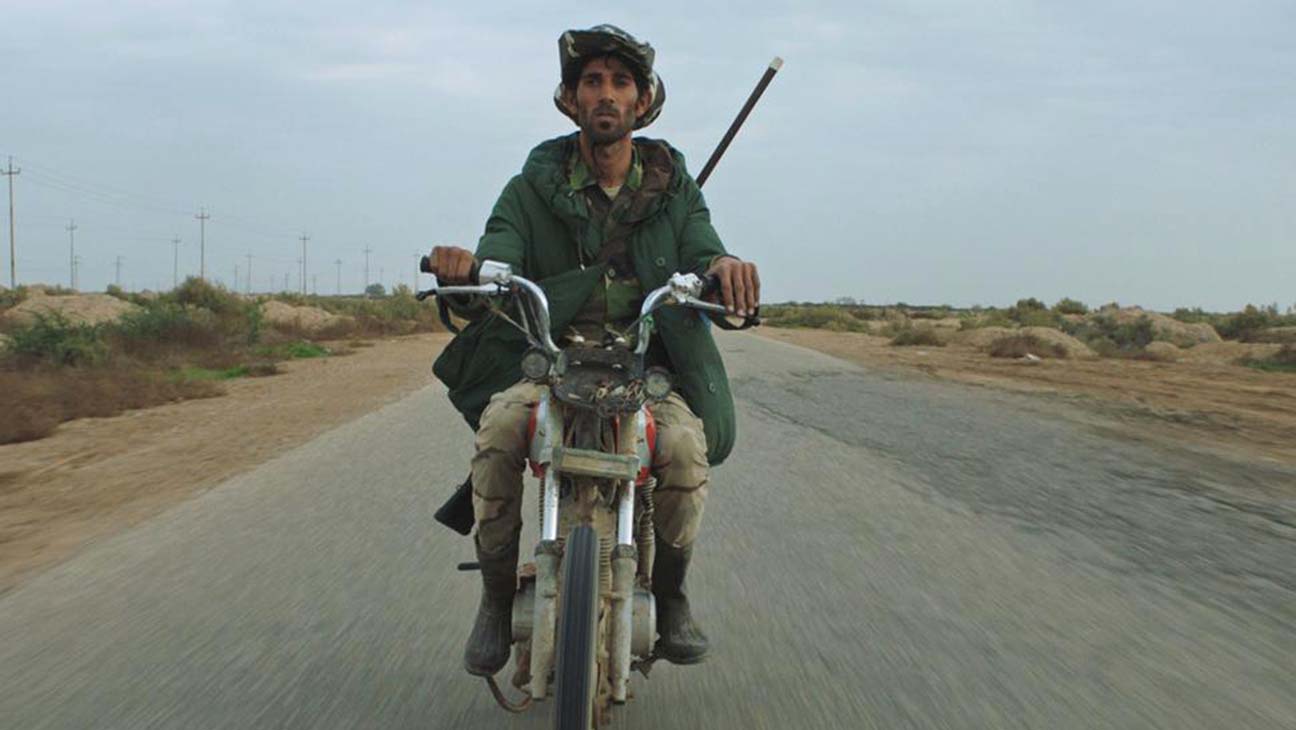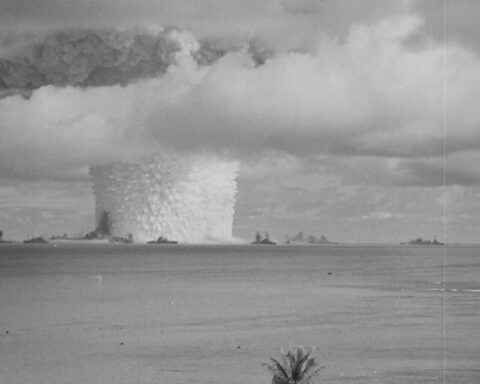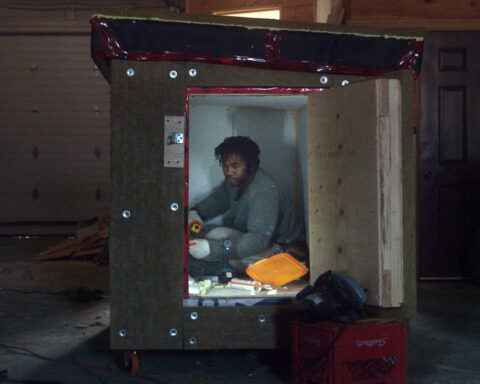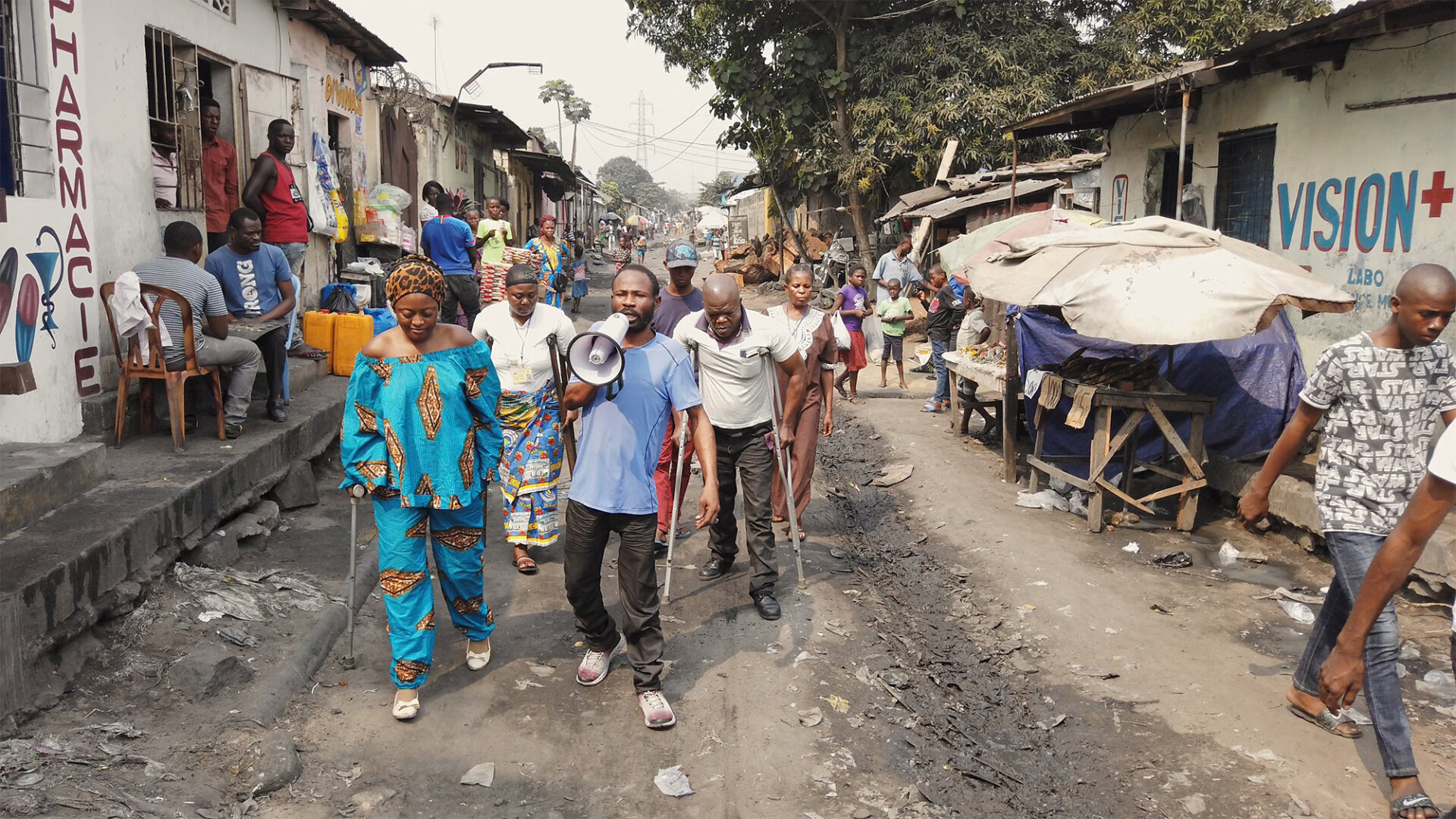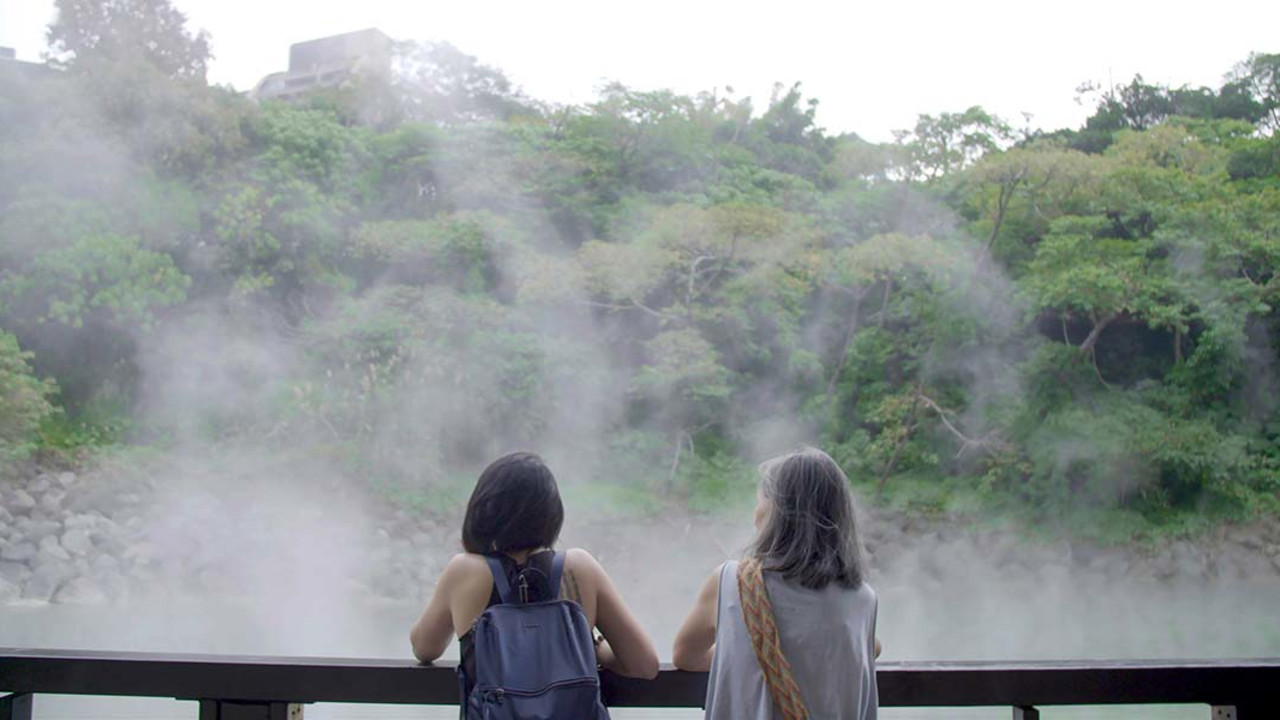Notturno
(Italy/France/Germany, 100 min.)
Dir. Gianfranco Rosi
Programme: Masters (North American Premiere)
Gianfranco Rosi is the only filmmaker with a title in TIFF’s esteemed Master’s programme this year. Notturno proves why the great Italian director deserves to be singled out. Rosi’s follow-up to his Oscar nominee and Golden Bear winner Fire at Sea is one of the standout documentaries not only of the Toronto International Film Festival, but of the year. It is a work of great observation, patience, and attention to detail. As with Fire at Sea, Rosi provides methodical snapshots of a world in crisis. Where his previous film chronicled the plight of migrants escaping conflict in the Middle East, Notturno tells the story of those who remain behind. It observes how, or perhaps if, life endures in a warzone with no peace in sight.
Notturno results from two years’ of filming in different regions of Syria, Iraq, Kurdistan, and Lebanon. Rosi, shooting the film and doing his own sound, offers nary a bit of commentary or intrusion, as is his fashion. Notturno is observational cinema at in its most provocative and poetic form. A film doesn’t need any words when the images are so strong.
The film captures various sites from the war-torn regions with starkly composed long takes. The film opens with a low angle from the ground as the camera captures soldiers running in the early morning sun. It observes their training, chronicling the scale of the militia forces that continue despite the years of conflict. One group of runners yields another as their stomping boots and rhythmic cries of “hurrah” waft in and out of the frame. Running on a loop, not unlike the cars careening down the highway in Rosi’s Golden Lion winner Sacro GRA, the film sees an endless cycle. Rosi asks when peace will come if fighters are always at the ready.
Notturno takes the camera away from the conflict, but war is omnipresent. For example, one sequence follows a hunter as he boards his canoe and paddles through the night. As he approaches some ducks, gunfire reverberates in the distance. The retorts of the guns don’t bother him. Violence is a tragically normal daily occurrence.
Other scenes are heartbreaking as they witness how violence will never be banal even when it’s so present. Rosi observes a group of women as they pray at a site of mass executions. There are only tears and wails among the ruins. Similar, exterior shots of the cities capture ravaged buildings and scarred remains of entire communities. Another scene witnesses a mother as she revisits voice messages left by her daughter. These recordings are a diary of ISIS’s ills, as the palpable terror in the daughter’s tone seeks comfort from her mother as she voices her fears that she could be killed at any moment.
The strongest and most devastating sequence comes when Rosi turns his lens to the children who survived. A classroom sees a psychologist work with young students to express their thoughts. The kids recall ISIS’s violence in fragments, haunted by their memories. However, they can draw their memories when words fail them. Rosi’s camera pans along a wall covered in brutal sketches of the children’s trauma. The scale of the violence and the gravity of ISIS’s crimes seem more brutal when rendered in childish scribblings than when captured on verité film.
Rosi further evokes the futility of such violence with a shrewd parallel that appears midway in the film. He takes his camera inside a prison where ISIS soldiers pay for their crimes. The prisoners march in a line and enter a larger room where they sleep on the floor. The space is hardly big enough for all of them and they shift about to make do. Cut to a similar shot of a civilian home as a high angle in a living room sees a mother put her children to bed. They, too, barely have enough space for all the sleeping bodies. Like the war criminals, the survivors shift anxiously in search of peaceful sleep. Sleep doesn’t seem to come to either group, with Rosi poignantly evoking the question of what it was all for.
Notturno delivers a thoughtful anti-war essay about the costs of conflict. It observes the human toll, further contextualising the harrowing images of Fire at Sea by peering into regions of the world that have seen a mass exodus of humans as a result of violence. Neither romanticising nor beautifying the moments, but also rejecting images of the violence itself, Rosi’s tableaus capture the complexity of life as it finds away when conflicts wage at close range.
Notturno premiered at the 2020 Toronto International Film Festival.




